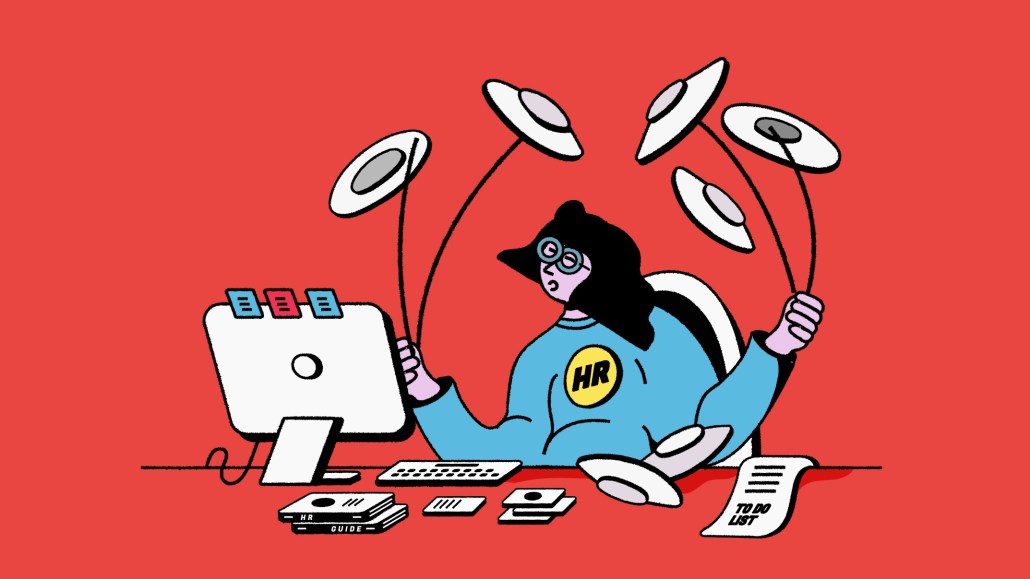Secure your place at the Digiday Publishing Summit in Vail, March 23-25

This article is a WTF explainer, in which we break down media and marketing’s most confusing terms. More from the series →
This article was first published on Digiday sibling WorkLife
Ever have those days when you feel like you’ve worked non-stop but by the end of the day feel only a sense of dissatisfaction and weary frustration? Like, you haven’t actually achieved anything?
You’re not alone. And guess what, there’s now a new term for it: digital debt.
Modern workers are being buried under a mountain of ever-increasing digital communications. Whether it’s in the form of emails, chat platforms, video meetings or other digital notifications – the sheer volume of digital information and communications we’re required to consume and respond to on a daily basis, is becoming overwhelming.
It’s putting workers in “digital debt” — where the constant need to coordinate and communicate at work is taking time away from deep thinking, creating and actually working, according to a new report from Microsoft.
While desk workers have long been slammed with overloaded inboxes, the pandemic and hybrid working arrangements are highlighting how communicating too much can harm productivity and hinder employees’ abilities to do their jobs effectively.
To read the full story click here
More in Media

WTF is a creator capital market?
What is a creator capital market, what does it mean for creators looking to diversify revenue, and why is it so closely tied to crypto?

Media Briefing: Publishers explore selling AI visibility know-how to brands
Publishers are seeing an opportunity to sell their AI citation playbooks as a product to brand clients, to monetize their GEO insights.

Creators eye Snapchat as a reliable income alternative to TikTok and YouTube
Figuring out the Snapchat formula has been very lucrative for creators looking for more consistent revenue on a less-saturated platform.








